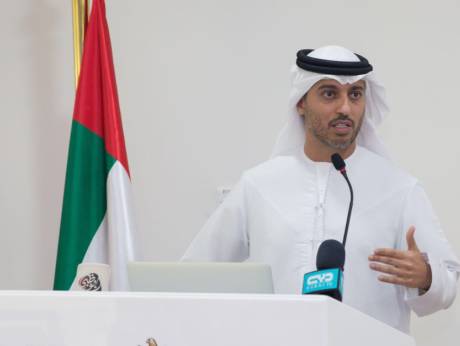By Richard D. Eddington/irishtechnews.ie/06-05-2018
The world is changing, and education must change with it. Many schools are aware of this fact and are trying to rebuild their activities in accordance with the opportunities offered by new technologies. Some universities borrow ideas from the business world, referring to the experience of successful start-ups in order to launch some new processes for themselves. Gradually, a paper routine leaves the schools, giving way to electronic means of working with data.
- School as a Service
School as a service begins with the commitment of the state to each student as a digital student. When states reduce historical barriers, the transition to personal digital learning will mean a school service: access to quality courses and teachers from several providers.
Education SaaS changes the basic assumptions – it does not need to associate time and place. This does not mean that everything will become virtual – in the foreseeable future, at least 90 percent of families will benefit from local schools, but this requires new thinking, new staffing models, new budgeting strategies and new ways of communicating with students and families.
- Mobile Learning
Mobile learning, also known as m-learning, is an educational system. Using portable computing devices (such as iPads, laptops, tablets, PDAs, and smartphones), wireless networks provide mobility and mobile training, which allows to teach and learn to expand beyond the traditional audience. Within the class, mobile training provides instructors and students with increased flexibility and new possibilities for interaction.
- Gamification in Education
Gemification in education is sometimes described using other terms: game thinking, the principles of the game for learning, the design of motivation, the design of interaction, etc. This differs from game-based learning in that it doesn`t imply that students themselves play commercial video games. It works on the assumption that the kind of interaction that players encounter with games can be transformed into an educational context in order to facilitate learning and influence on students’ behavior. Because gamers voluntarily spend a lot of time for gaming, researchers and teachers are exploring ways to use the power of video games to motivate and apply it in the classroom.
- Big Data
“Big Data” is a term that we are used to hearing in business, but it is also an important tool for education. Learning World explores this technological fashion word and talks with an expert on this topic: Kenneth Cuciere, co-author of “Learning with Big Data.”
Cukier sees “Big Data” as an opportunity to adapt learning to the individual needs of students and the learning process. Instead of avoiding this, teachers must accept changes that bring in large data, and use them to their advantage.
One example of the large data that occurs in education is the “Course Signals”, which allow professors to give feedback if there are early signs that students do not exercise or do not use class time.
- Blended and Flipped Learning
Blended learning is a pedagogical method in which the learner learns, at least in part, by providing content and training through digital and online media using the student controls in time or place. This allows the student to create an individual and integrated approach to learning. Blended training is combined with a flipped class approach to learning.
The Flipped class is a pedagogical model in which the typical elements of the lecture and the homework of the course change to the opposite. Students watch short video lectures or other multimedia materials asynchronously before a class session. Then, class time is devoted to active learning, such as discussions, design or problem assignments, or laboratory exercises. This learning model allows teachers to guide the teaching of students by answering students’ questions and helping them apply the concepts of the course during classes.
- Massive Online Open Courses
Nowadays MOOCs may not be so widespread as when they first attracted attention, and people no longer think that this is the answer to the problems of educational inequality. Nevertheless, MOOCs still deserve close attention, as it develops as an important part of education, and it offers its students many advantages if used well. Moreover, The New York Times called 2013 the “Year of the MOOC” because it attracted a lot of attention and money.
- Personalized Learning
Personalized learning is a sort of adaptive learning that considers working with computers to make decisions, based on previous levels of learner understanding when interacting with a computer program. Learning analytics and artificial intelligence are the essence of individual learning because without them it would be impossible to easily adapt the instruction on the basis of immediate answers.
Personalized learning can seem like a dream in many schools, but it’s already happening more than we can imagine – and often behind the back of the teacher.
The universities realized that technology can be a catalyst for improving the learning process. If many people enjoy using gadgets, why not to make them an education tool?
*Fuente: https://irishtechnews.ie/7-crucial-education-technology-trends-for-the-last-5-years/






 Users Today : 43
Users Today : 43 Total Users : 35459949
Total Users : 35459949 Views Today : 49
Views Today : 49 Total views : 3418514
Total views : 3418514